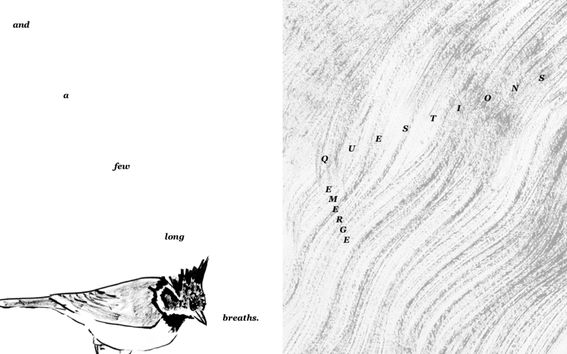Film, Work and Anthropocene, spring 2021 (online)

Films offer a multitude of perspectives on how work and the economy produce and shape the Anthropocene. In the interdisciplinary University-Wide Art Studies (UWAS) course Film, Work and Anthropocene, we watched films to unpack ideals, ideologies, and imaginaries of the relationships between human and other-than-human work, and nature, society, and the economy. Drawing on films, we discussed our responsibilities and futures as workers, professionals, experts, and citizens in relation to the Anthropocene. Beyond films, we imagined how work and working systems may generate relationships of care for what sustains economies.
The virtual gallery of this Film, Work and Anthropocene exhibition (Spring 2021) presents the insights and visions of students for current and future relationships between work, professions and the anthropocene. The zines created by the students address and explore different ways in which work and professions are portrayed and challenge conventional meanings through the creative use of image, text, and video.
Text by Inês Peixoto and Tiina Taipale.
Enter to the Film, Work and Anthropocene online exhibition here:
https://film-work-and-anthropocene.uwas.aalto.fi/
Students:
Alice Klein, celine s diaz, Florencia Pochinki, Iiro Korhonen, Joonas Lahikainen, Kia Vuoksenmaa, Matias Myllylä, Mona Pärssinen, Monica Celeste, Nguyen, Rafael Pires, Raiza, Taru Pakkanen, Yijuan Wei, and others.
Teachers:
Inês Peixoto and Tiina Taipale
About UWAS
University Wide Art Studies (UWAS) offers every Aalto student an access to art-based thinking, creative practices, and culture. UWAS opens a possibility to include art and design studies to one’s curriculum and broaden one’s knowledge and skills beyond disciplinary boundaries. This ensures that Aalto University educates multidisciplinary graduates informed in and knowledgeable of how art and creative practices shape and define the world around us. There are no prerequisites for UWAS courses, so students from all Aalto schools are welcome to participate.
Film, Work and Anthropocene is a UWAS course, which was held on Period IV during the 2020–2021 academic year.






